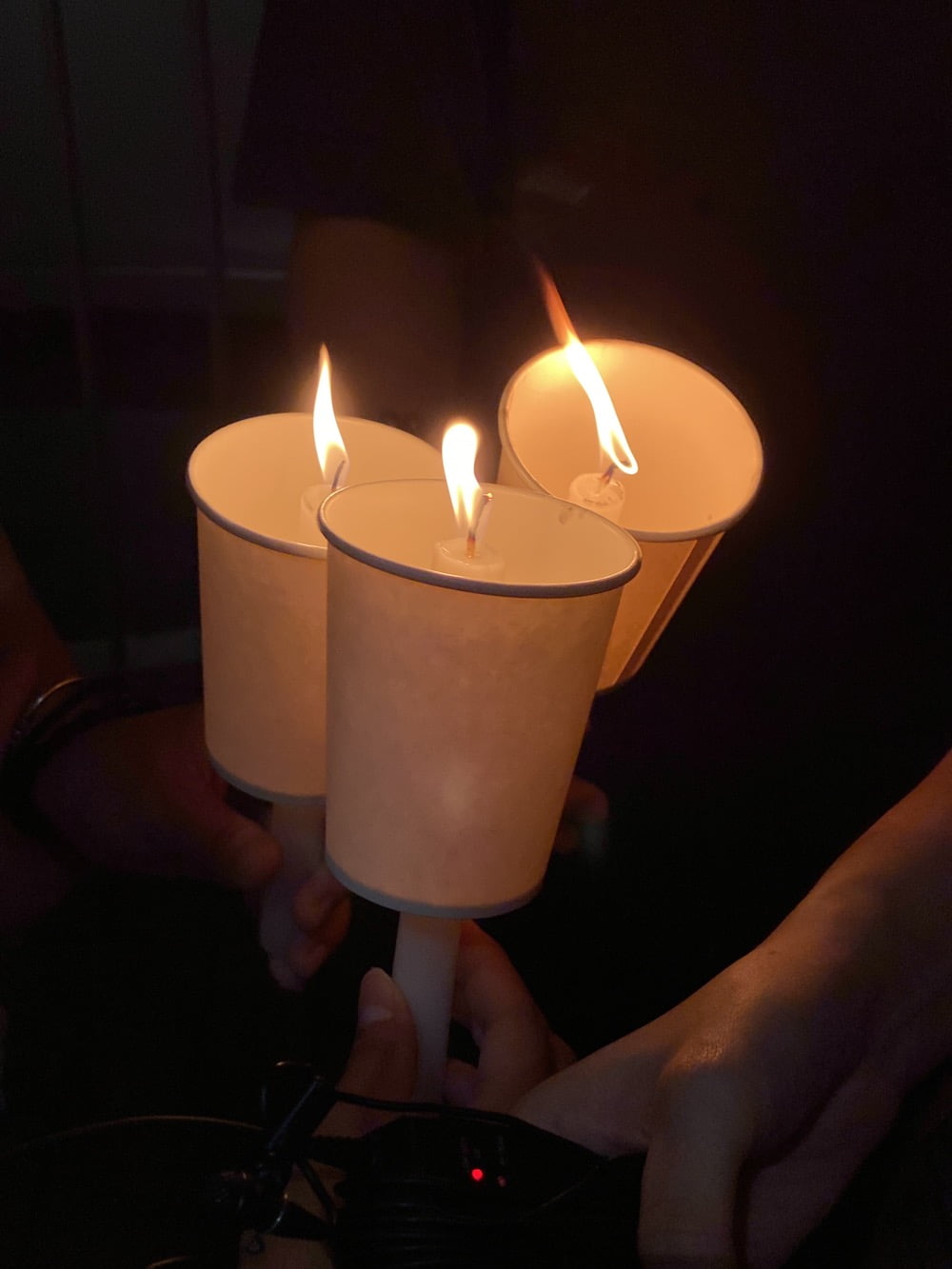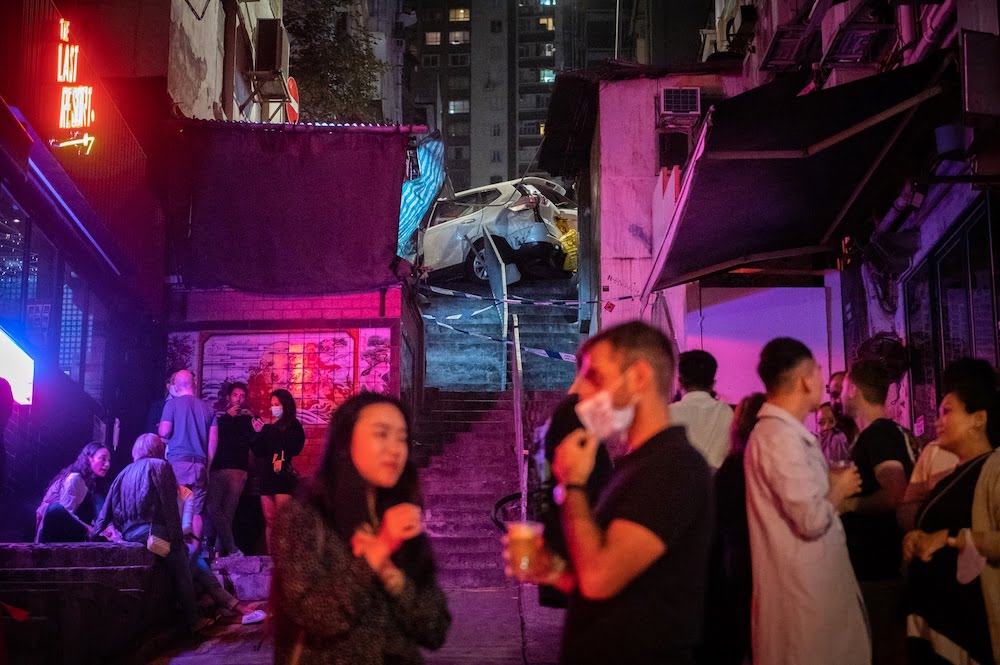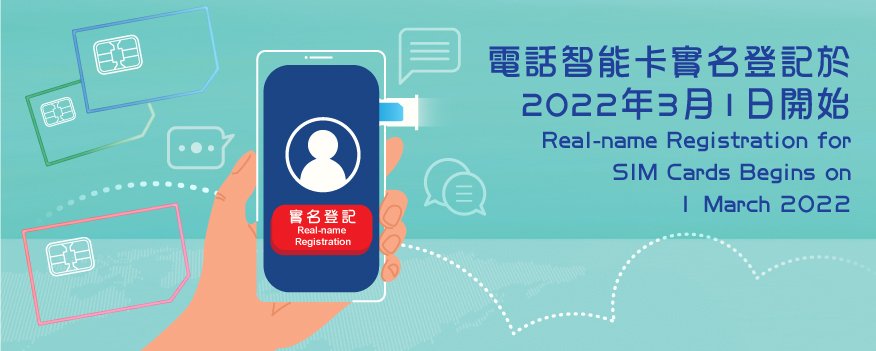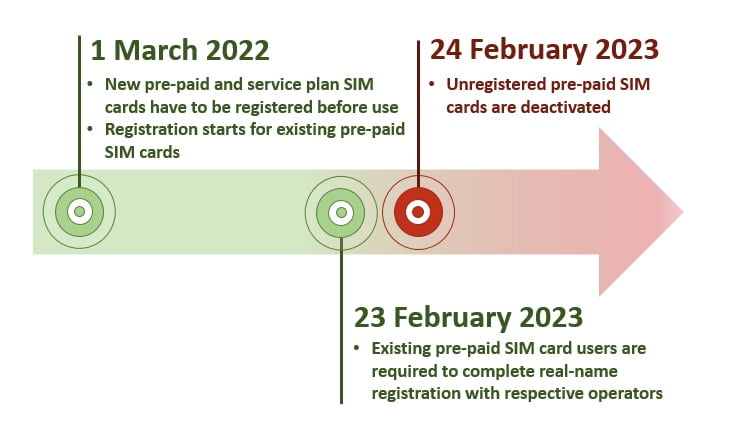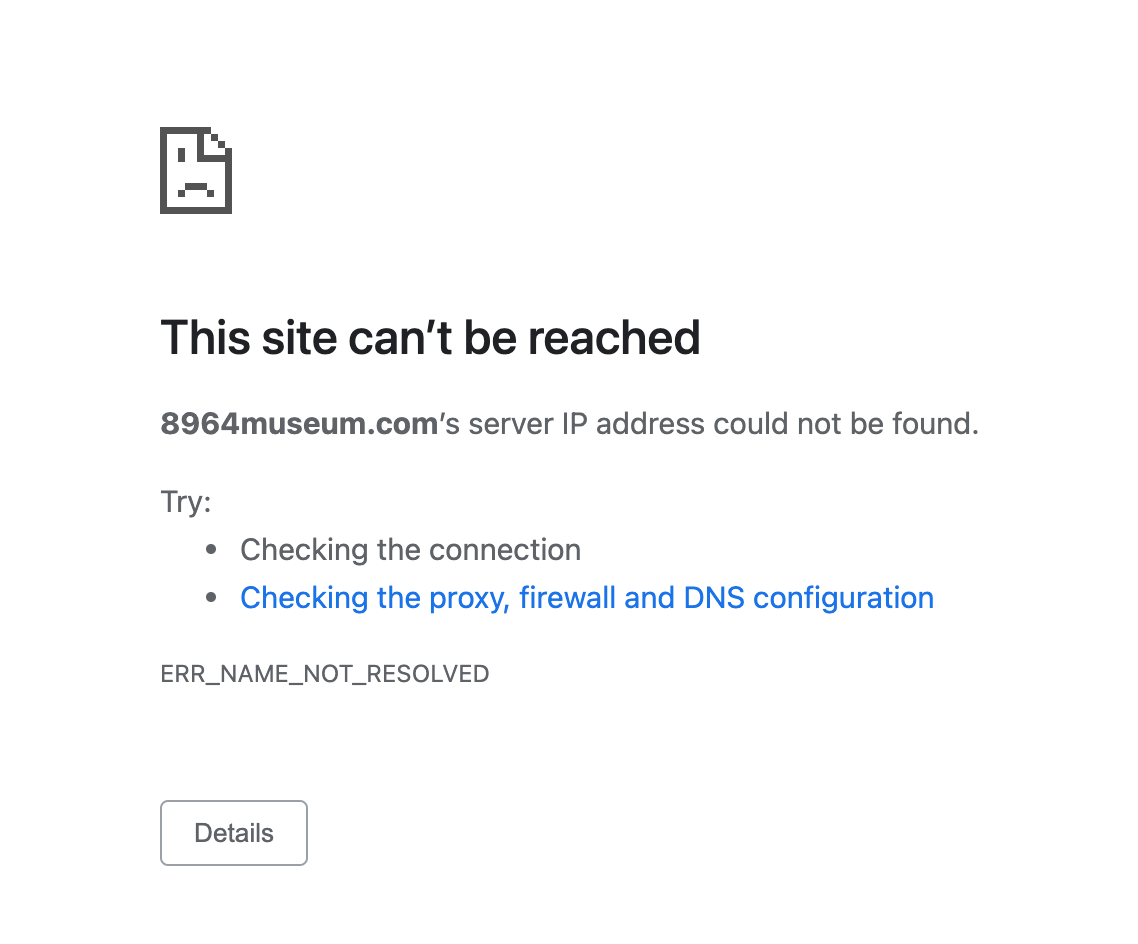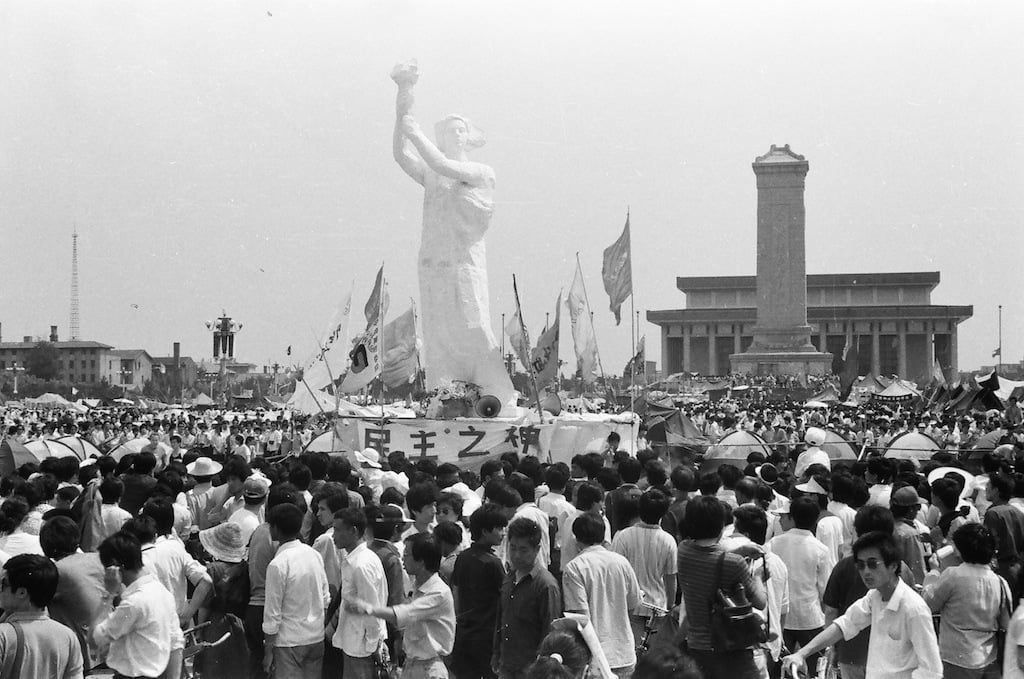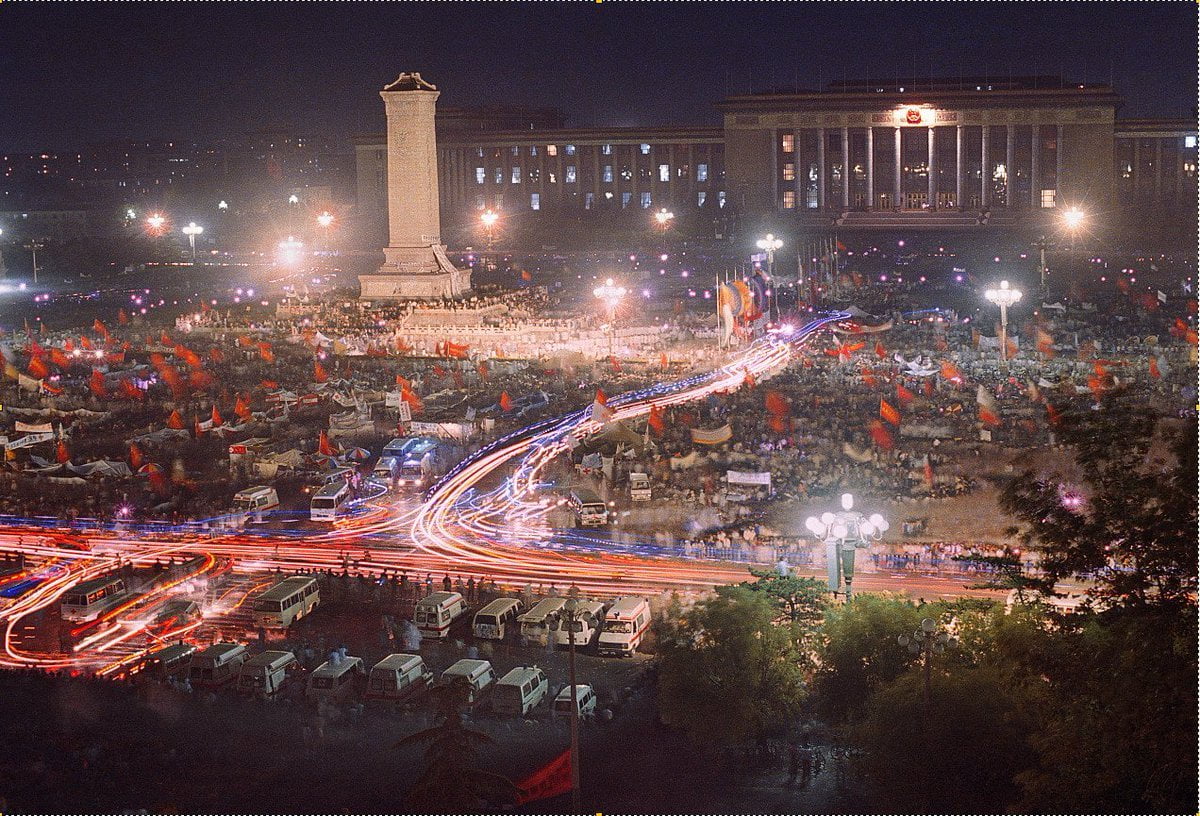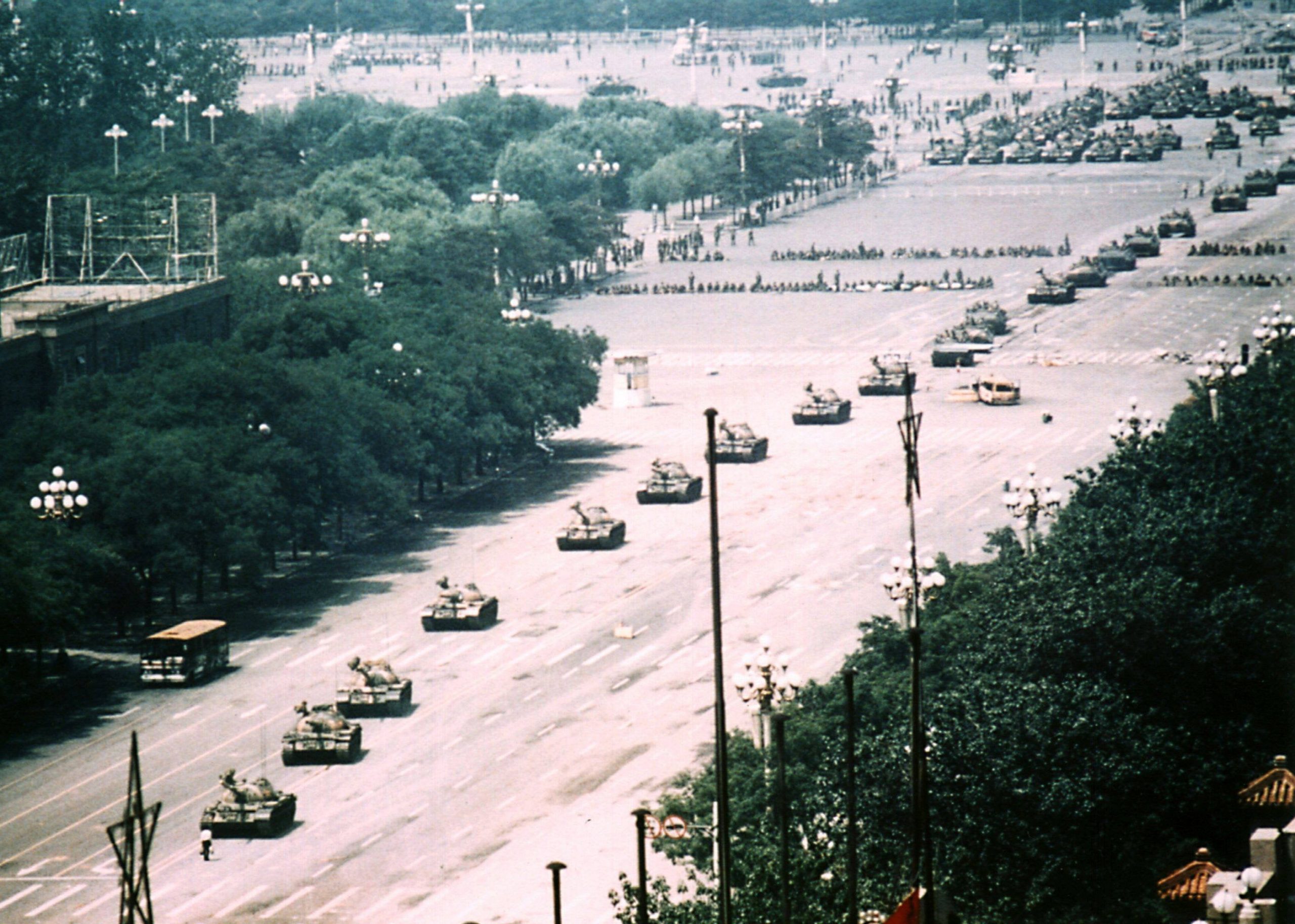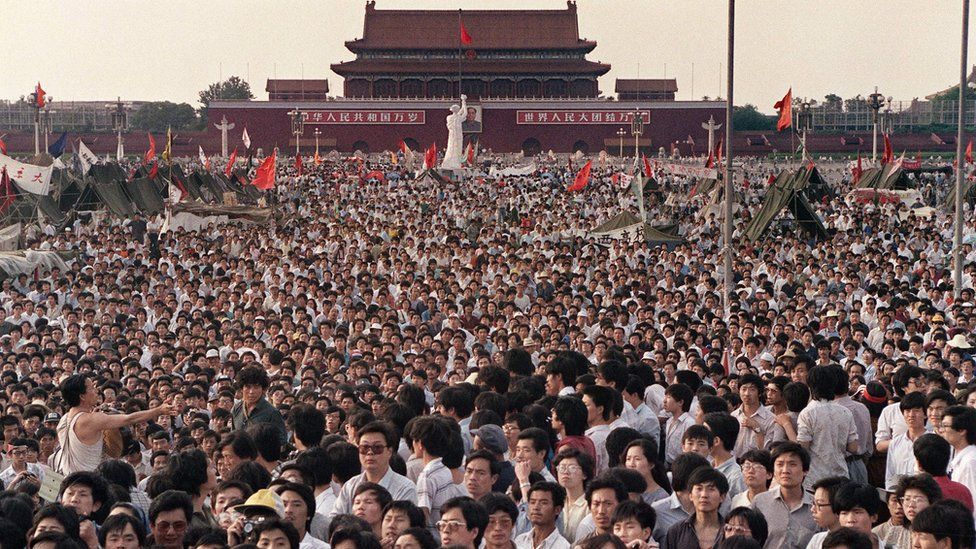The Implementation Rules for Article 43 of the Law of the People’s Republic of China on Safeguarding National Security in the Hong Kong Special Administrative Region (Implementation Rules) were gazetted 6 July and will take effect on 7 July 2020.
The Implementation Rules have the force of law, and details are as follows:
1. Search of Places for Evidence
The relevant rules are formulated with reference to various existing ordinances regarding the permission to conduct urgent search under exceptional circumstances, including the Firearms and Ammunition Ordinance (Cap. 238) and the Import and Export Ordinance (Cap. 60). For investigation of an offence endangering national security, a police officer may apply to a magistrate for a warrant to enter and search a place for evidence. Under exceptional circumstances (for instance, in urgent situations), a police officer not below the rank of Assistant Commissioner of Police may authorise his officers to enter the relevant place to search for evidence without a warrant.
2. Restriction on Persons under Investigation from Leaving Hong Kong
With reference to provisions under the Prevention of Bribery Ordinance (Cap. 201) which restrict a person under investigation from leaving Hong Kong, the rules authorise police officers to apply to a magistrate for a warrant to require a person who is suspected to have committed offences endangering national security to surrender his travel document, and to restrict that person from leaving Hong Kong, lest some of the persons involved in the case abscond overseas. A person who has surrendered a travel document may make application in writing to the Commissioner of Police or to a magistrate for its return and for permission to leave Hong Kong.
3. Freezing, Restraint, Confiscation and Forfeiture of Property Related to Offences Endangering National Security
The arrangements concerned are formulated with reference to the existing powers and provisions under the Organized and Serious Crimes Ordinance (Cap. 455) and the United Nations (Anti-Terrorism Measures) Ordinance (Cap. 575). If the Secretary for Security has reasonable grounds to suspect that any property is property related to an offence endangering national security, he may, by notice in writing, direct that a person must not deal with the property. The Court of First Instance may, on the application by the Secretary for Justice, order the confiscation of the property related to the offence. Anyone who knows or suspects that any property is property related to an offence endangering national security is obliged to make a disclosure to the Police Force as soon as is reasonably practicable, and must not disclose to another person any information which is likely to prejudice any investigation which might be conducted following that first-mentioned disclosure. In addition, the Secretary for Justice may make an application to the Court of First Instance for a restraint order or charging order to prohibit any person from dealing with any realisable property, or impose on any realisable property that is specified in the order a charge for securing the payment of money to the Government. Furthermore, the Secretary for Justice may also make an application to the court for confiscating the proceeds arising from an offence endangering national security and ordering the amount due be paid within a fixed period.
4. Removal of Messages Endangering National Security and Request for Assistance
If the Commissioner of Police has reasonable grounds to suspect that an electronic message published on an electronic platform is likely to constitute an offence endangering national security or is likely to cause the occurrence of an offence endangering national security, he may, with the approval of the Secretary for Security, authorise a designated police officer to request the relevant message publisher(s), platform service provider(s), hosting service provider(s) and/or network service provider(s) to remove the message; restrict or cease access by any person to the message; or restrict or cease access by any person to the platform or its relevant part(s). It is a reasonable defence if the technology necessary for complying with the requirement was not reasonably available to the publisher or relevant service provider; or there was a risk of incurring substantial loss to, or otherwise substantially prejudicing the right of, a third party.
If the publisher fails to cooperate immediately, and the relevant information on the Internet will continue to seriously affect members of the public, police officers may apply to the magistrate for a warrant to seize the relevant electronic device and take any action for removing that information as soon as practicable. Relevant officers may also apply to the magistrate for a warrant under specific circumstances to authorise police officers to request the relevant service provider to provide the identification record or decryption assistance as the case requires.
5. Requiring Foreign and Taiwan Political Organisations and Agents to Provide Information on Activities Concerning Hong Kong
If the Commissioner of Police reasonably believes that it is necessary for the prevention and investigation of an offence endangering national security, the Commissioner of Police may, with the approval of the Secretary for Security, by written notice served on a foreign political organisation or Taiwan political organisation, or a foreign agent or a Taiwan agent, require the organisation or agent to provide the Commissioner of Police with the prescribed information (including the activities, the personal particulars, as well as the assets, income, sources of income, and expenditure of the organisation in Hong Kong) in a prescribed manner within the specified period. The relevant rules are formulated with reference to the prevailing provisions of the Societies Ordinance (Cap. 151) under which Societies Officers may request the provision of information from societies.
6. Application on Authorisation for Interception of Communications and Covert Surveillance
To effectively prevent and detect offences endangering national security and protect the confidentiality of information related to national security, all applications for interception of communications and covert surveillance operations must be approved by the Chief Executive. Applications for the less intrusive covert surveillance may be made to a directorate officer of the Police Force designated by the Chief Executive. The authorising authority has to ensure that the covert operation concerned satisfies the proportionality and necessity tests before granting the authorisation. According to Article 43 of the National Security Law, the National Security Committee shall be responsible for supervising the implementation of the stipulated measures by the Police Force. On the other hand, the Implementation Rules provide that the Chief Executive may appoint an independent person to assist the National Security Committee in performing the aforementioned supervising responsibility. Furthermore, the Secretary for Security issues Operating Principles and Guidelines for the purpose of providing operating principles and guidance to officers of the HKPF regarding the making of relevant applications and the exercise of powers. Officers of the HKPF are required to comply with the provisions in the Operating Principles and Guidelines when performing any function under the relevant rules. The Operating Principles and Guidelines will be gazetted at the same time with the Implementation Rules.
7. Requirement to Furnish Information and Produce Materials
For the purpose of assisting an investigation into an offence endangering national security or the proceeds obtained with the commission of the relevant offence, the Secretary for Justice or police officers may apply to the court for an order to require the person concerned to answer questions within a specified time period, or to furnish or produce the relevant information or material. The provisions are formulated with reference to the relevant powers and provisions under the Organized and Serious Crimes Ordinance (Cap. 455) and the United Nations (Anti-Terrorism Measures) Ordinance (Cap. 575) currently.
Penalties
To ensure the effective implementation of the above relevant measures, there is also a need to provide in the Implementation Rules relevant penalties for contravention of the requirements.
For instance:
- If a person who published a message fails to comply with the requirement of the police to remove the message endangering national security without reasonable excuse, the person is liable on conviction to a fine of $100,000 and to imprisonment for one year.
- If a service provider fails to comply with the requirement to remove messages endangering national security, or to restrict or cease access to messages or platforms, or the request to provide assistance, the service provider is liable on conviction to a fine of $100,000 and to imprisonment for six months.
- Furthermore, a foreign political organisation or Taiwan political organisation, or a foreign agent or a Taiwan agent, who fails to provide information as requested by the Police is liable on conviction to a fine of $100,000 and to imprisonment for six months unless it can prove that it has exercised due diligence and there have been reasons beyond its control.
- If any information provided is false, incorrect, or incomplete, the person who provided the information is liable on conviction to a fine of $100,000 and to imprisonment for two years, unless the person has grounds to believe that the relevant information was true, correct and complete.
As for other items, the relevant offences and defence (if specified) are largely the same as the existing provisions in the laws that the Implementation Rules have made reference to.
The provision of defence provisions under appropriate circumstances provide appropriate defence for people who fail to comply with the requirements.
The above Implementation Rules are in compliance with the requirements concerned under the National Security Law and the Basic Law, including the requirements concerning the respect and protection of human rights.
Updated with the official translation 00:12, 7 July, which can be read here

